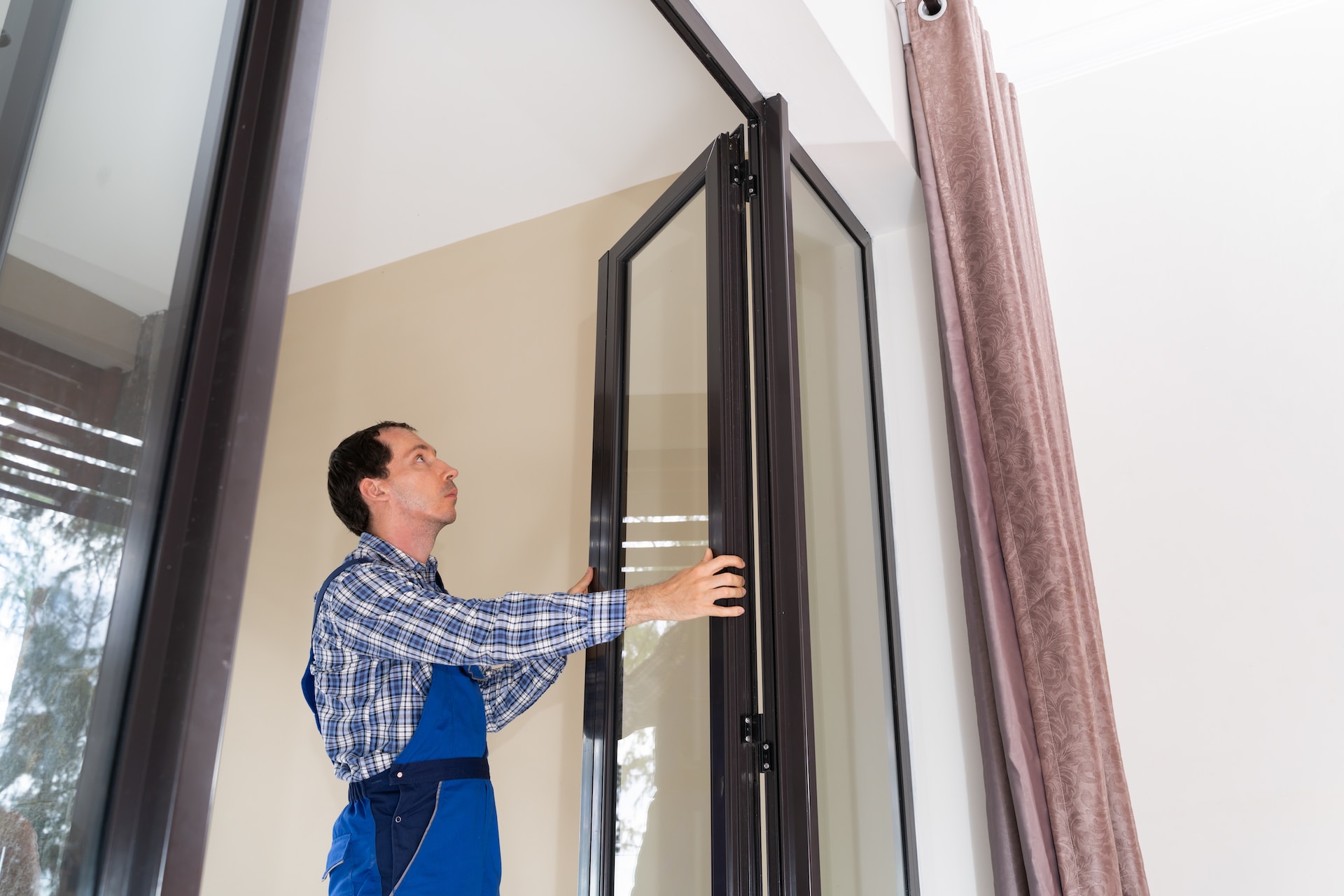Air pollution is one of the largest environmental killers in the world, so it’s not surprising that poor indoor air quality can cause serious health issues. It affects people’s overall well-being, so you must be able to detect a problem with your indoor air before it worsens.
What is Indoor Air Quality?
Indoor air quality (IAQ) measures the air within a living or working space, specifically focusing on the presence of chemicals, particles, contaminants, and other factors that could pose health risks or create an uncomfortable environment. IAQ’s importance has become more apparent in recent years, as studies have linked poor air quality to health conditions, including asthma, chronic bronchitis, allergies, and cardiovascular disease.
Signs Your Home Has Poor Indoor Air Quality
1. Unpleasant Odors
Unpleasant odors in your home indicate something wrong with your indoor air quality. These include odors from chemical cleaners, cigarette smoke, and mold.
2. Allergy or Asthma Symptoms
Constant allergy-like or asthma-like symptoms could be a sign that your indoor air quality has become unhealthy. Dust, pet dander, and mold spores can all trigger these symptoms in sensitive individuals.
3. Visible Mold
Mold is one of the most common causes of poor indoor air quality. Mold spores can cause various health issues, including allergies and respiratory ailments. So, if you see any visible mold in your home, it is crucial to get it taken care of as soon as possible.
4. Dust Buildup
If you can’t remember the last time you vacuumed your home, it’s a sign that your air quality is likely suffering. Dust particles, which can come from furniture, insulation, and other materials, can accumulate in the air over time and lead to health problems.
5. Humidity
Humidity levels that are too high or too low can create an ideal environment for mold and dust mites, leading to poor air quality. High humidity can also increase your risk for allergic reactions and asthma attacks.
6. Poor Ventilation
If your home has inadequate ventilation, there is a good chance that your air quality will suffer. Poor ventilation can trap particles inside your home, leading to a buildup of allergens, pollutants, and other airborne contaminants.
7. Foul Smell from the HVAC System
If your house smells of dirty socks or a musty basement, it is a common sign that your HVAC system has become contaminated with mold, mildew, and other pollutants. Foul odors from your HVAC system should be dealt with immediately to minimize the impact they can have on your indoor air quality.
Conclusion
Indoor air quality is an integral part of home health, and as responsible homeowners, you must ensure that your air is free from potential contaminants. If you’re concerned about your IAQ, keep an eye out for the signs listed above to gauge whether or not your home could benefit from installing an air purifier or other air-cleaning technology.
Clean Air Carolinas, Inc. provides top-notch indoor air quality services around North Carolina. Our experts are dedicated to purifying the air in all home sizes. Learn more about our services and get a free estimate. Contact us today!




